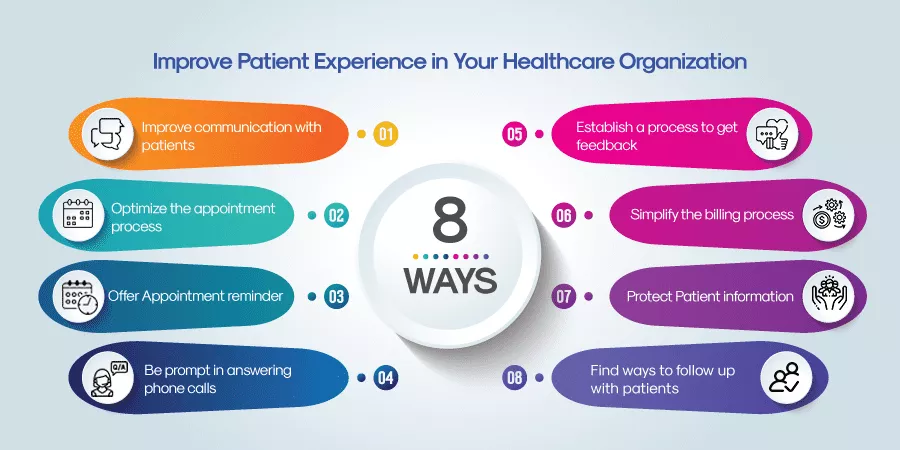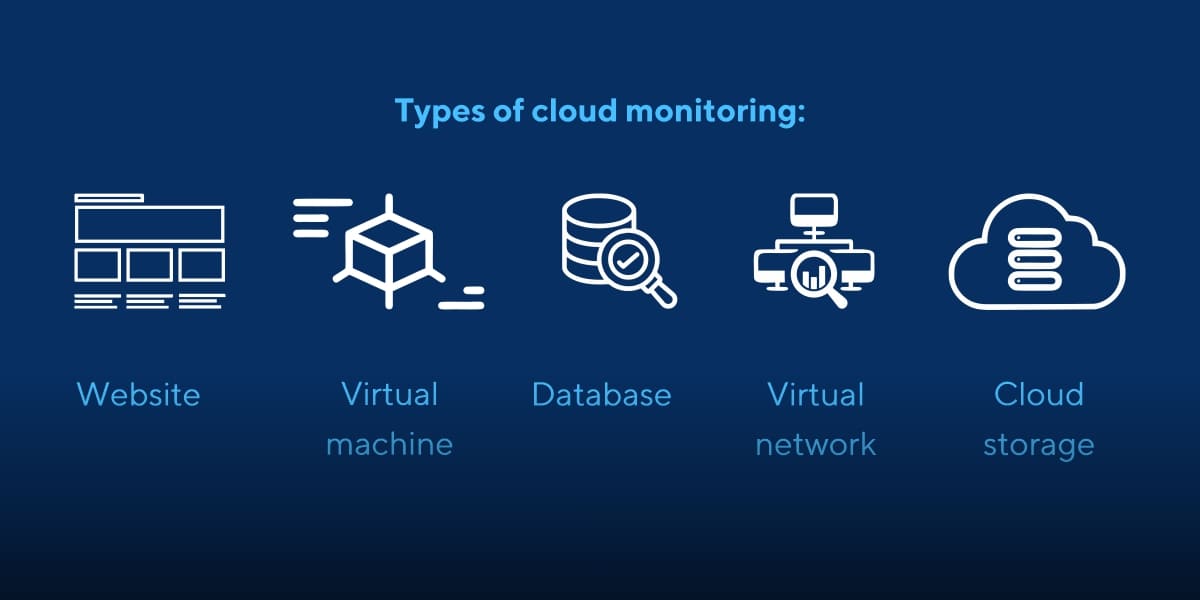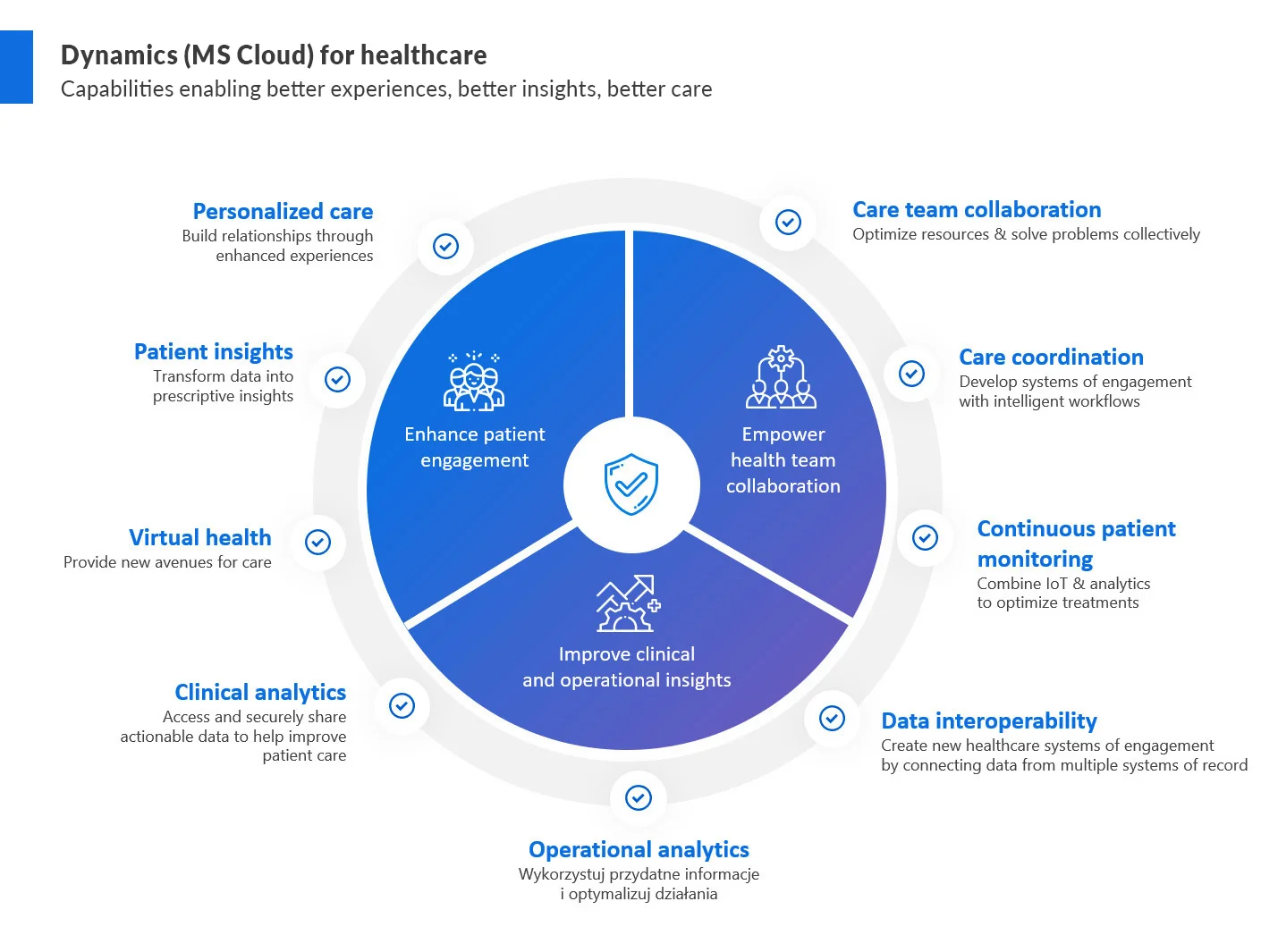This is a guest article and does not necessarily reflect the views and values of Impetus Digital.
Until a few years ago, cloud computing was limited to the IT industry, particularly for software development or as data backups. Fast forward to today, and this technology is intertwined with a myriad of industries, including healthcare.
As of last year, i.e., 2022, the global healthcare cloud computing market was valued at $37.14 billion, and with its current trajectory, it is estimated to be worth $136.92 billion by 2031.
Cloud technology in healthcare has become critical in improving patient care and revolutionizing healthcare systems. Patients are more willing than ever to seek out greater healthcare services if their expectations are not met.
Thus, the healthcare industry is taking a more proactive approach. This is where cloud technology has shown to be invaluable in providing outstanding patient-centered experiences.
In this blog, well will take a closer look at how leveraging cloud monitoring services build on the benefits of the cloud in health and lead to a better patient experience.
The Patient Experience: What Is It, and Why Is It Important?
The patient experience is a relatively recent term that has emerged in healthcare.
So what exactly is it? While patient experience does not have a standardized definition as per healthcare professionals, at its core, it is the fundamental nature of healthcare that is a human experience centered around caring for patients during their most vulnerable moments.
That said, it is important to note the umbrella of the patient experience spans the entire range of patient encounters with the healthcare system.
From the care they receive from health plans as well as their encounters with healthcare professionals, be it at hospitals or during a visit to a physician’s private clinic or other healthcare institutions.

To put it succinctly, the patient experience encapsulates all the elements of healthcare delivery that matter the most to a patient.
The “Why is patient experience important?” question can be better understood by looking at it from two distinct perspectives. The first is the clinical aspects of improving the patient experience, and the second is from a purely business standpoint.
The Clinical Importance of a Better Patient Experience
Studies have shown that patient experience is directly linked with better healthcare and a patient’s satisfaction levels on the road to recovery.
Positive interactions with their healthcare, especially in patients with chronic conditions, have shown a positive improvement in a patient’s self-management skills which in turn has a big impact on their quality of life.
Moreover, patients who have had a positive experience during their treatment have also consistently exhibited a higher adherence to medical advice and treatment plans laid out for them.
Furthermore, metrics of patient experience can give light on structural flaws within healthcare systems. They can detect issues like delays in test results and communication gaps, which can have far-reaching consequences for clinical quality, safety, and efficiency.
The Business End of Things Linked to a Better Patient Experience
From a business perspective, improving patient experience is not only beneficial for patients but also for the healthcare institutions themselves.
A positive patient experience is less likely to resort to litigation. Moreover, patient loyalty often hinges on the quality of the patient-provider relationship. The better the patient experience, the higher the chances that the patient will choose to come back to you for your healthcare services in the future.
The benefits don’t end here. A positive patient experience will improve the chances of your patients writing positive reviews about your healthcare institution.
What is Cloud Monitoring, and How Does It Fit Into the Healthcare Industry?

In the simplest of terms, cloud monitoring refers to the process of observing and managing the performance, availability, and security of cloud-based infrastructure and applications.
It plays a critical role in making sure the cloud infrastructure operates flawlessly, ensuring the seamless operation of cloud environments and optimizing the delivery of healthcare services.
It essentially entails the constant monitoring and analysis of various cloud infrastructure indicators such as resource utilization, network performance, storage capacity, and application responsiveness.
In the healthcare industry, one of the primary goals of cloud monitoring is to maintain the reliability and security of critical healthcare applications and patient data.
Infrastructure monitoring allows healthcare organizations to gain real-time insights into the performance and availability of their cloud-based systems.
In healthcare contexts, cloud monitoring also helps with capacity planning and scalability. It also entails tracking resource utilization and performance patterns, which provides healthcare professionals with a better view of whether they need to scale up their systems to meet current or future demands without compromising the patient experience.
How to Leverage Cloud Monitoring to Improve the Patient Experience?

Undoubtedly, the healthcare sector reaps many rewards from leveraging cloud technology; nevertheless, its usage calls for constant monitoring and maintenance – a fact that applies to any advanced technology.
A system like proactive cloud monitoring is indispensable for keeping these systems operating at optimal capacity continually.
Cloud-based healthcare experience relies on various factors working together flawlessly. To ensure a flawless system, constant monitoring of the infrastructure is critical; here’s why:
It Ensures the Integrity of Critical EHS Data
Critical data stored on the cloud can aid in the diagnosis and treatment of different diseases. While the cloud has no problem in accommodating such enormous data sets, such as electronic health records (EHR), ensuring they are safe and secure is vital. Cloud monitoring does just that and ensures the integrity and accessibility of these critical datasets.
It Ensures the Upkeep of Cloud Infrastructure
The utilization of cloud monitoring solutions contributes to improved data analysis in healthcare settings. Cloud monitoring technology keeps a check on system performance and monitors logs. This is critical, especially in the healthcare sector, which is highly dependent on valuable patient data to make critical treatment decisions.
These systems identify patterns, trends, and anomalies in data to make sure that there are no red flags that can lead to any data loss. For a healthcare provider, uninterrupted access and the smooth flow of patient information are vital at every stage of treatment.
It Alerts You When It’s Time to Scale Your Systems
Every cloud system has limitations, and the more information you store, the higher the resources it needs to access them. When it comes to the healthcare industry, the amount of data always increases. Without cloud monitoring, the poor performance of the existing cloud infrastructure can impede care delivery.
In short, relying on cloud monitoring solutions ensures that all resources in the cloud remain safe without any downtime, which results in furnishing a superior patient experience by providing hassle-free access to essential services and information.
Summing up
Cloud technology in healthcare has the potential for remarkable benefits through efficient monitoring techniques tailored to this industry’s needs.
While cloud technology enables healthcare providers to dive deeper into data analysis, gaining valuable insights into disease diagnosis, treatment effectiveness, and patient data, cloud monitoring ensures that all this information is available without disruptions or delays when health professionals need them the most.
By augmenting existing cloud-supported healthcare systems with robust cloud monitoring programs providing reliable real-time insight into how such technologies are faring, healthcare institutions can ensure that their systems operate at their optimal capacity, resulting in high-quality care well into the future.
About the Author
Srushti Shah is an ambitious, passionate, and out-of-the-box thinking woman having vast exposure in Digital Marketing. Her key focus is to serve her clients with the latest innovation in her field leading to fast and effective results. Working beyond expectations and delivering the best possible results in her professional motto. Other than work, she loves traveling, exploring new things, and spending quality time with family. Reach out to Srushti Shah on Twitter or LinkedIn
About Impetus Digital
Impetus Digital helps life science organizations virtualize their in-person meetings and events through our best-in-class InSite Touchpoints™ and InSite Events™ offerings, delivered with white-glove service and 360° coverage and care. Leveraging our large portfolio of cutting-edge online collaboration tools, clients can seamlessly gather insights from, and collaborate with, internal and external stakeholders. To find out more about Impetus Digital, visit our website, follow us on LinkedIn or Twitter, or book a demo at meetwithimpetus.com

